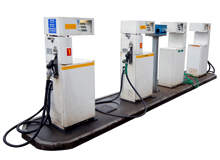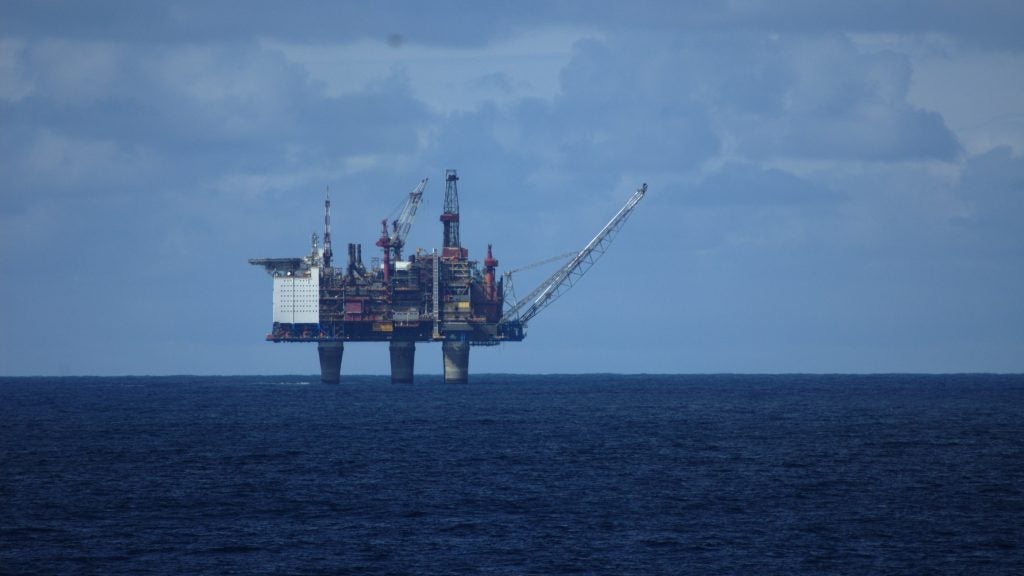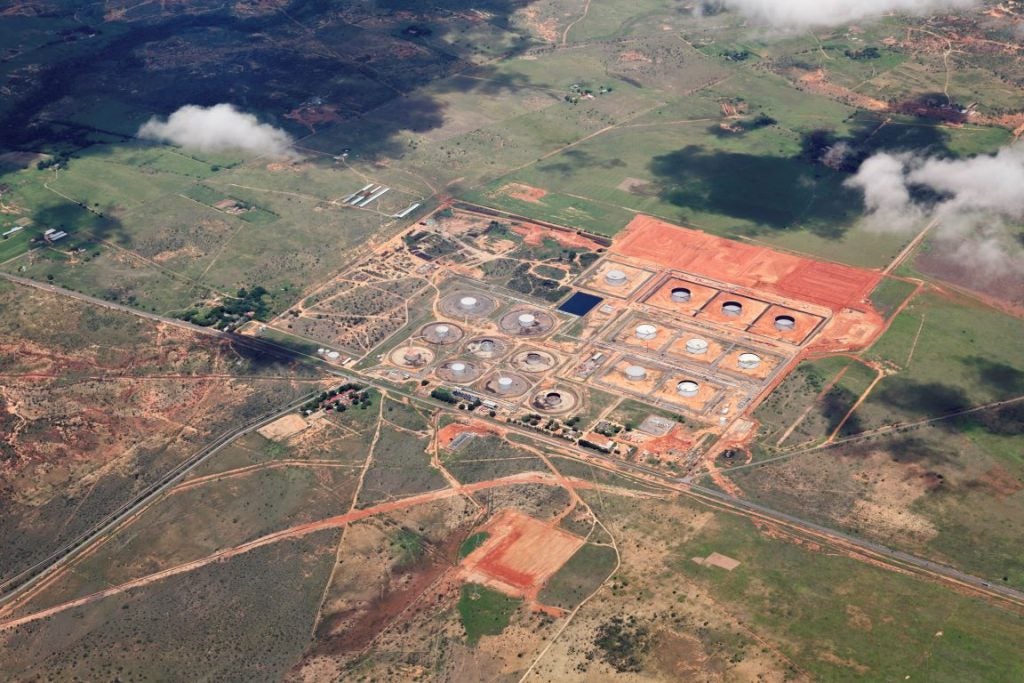
OPEC’s biggest exporter announced plans to hike output to 9.7 million barrels a day – the fastest pace in decades – at a meeting between consumers and producers in Jeddah over the weekend of 21-22 June.
Analysts say the hike, which added 200,000bpd to a previous pledge to increase production 300,000bpd, might not be enough to stem the bullish momentum that has sent prices up nearly 40% this year to peaks close to $140 a barrel.
“It’s tough to say that the addition of 200,000bpd and the Saudis pulling out all the stops to try to get the market down is still a bullish thing, but in this market that’s how it appears,” said Peter Beutel, president of Cameron Hanover. “Even their best wasn’t good enough this time around.”
Oil prices have surged nearly seven-fold since 2002 as rising demand from emerging economies such as China and India stretches demand growth. US crude rose more than $1.50 to near $137 a barrel on Monday 23 June after the meeting, and some forecasters say $150 a barrel could now be in the cards.
Oil’s swift rise this year surprised many experts, with some, including OPEC, blaming an influx of cash from non-traditional investors such as pension funds for pushing prices beyond the level supported by supply and demand.
See Also:
AN OIL SHORTAGE?
How well do you really know your competitors?
Access the most comprehensive Company Profiles on the market, powered by GlobalData. Save hours of research. Gain competitive edge.

Thank you!
Your download email will arrive shortly
Not ready to buy yet? Download a free sample
We are confident about the unique quality of our Company Profiles. However, we want you to make the most beneficial decision for your business, so we offer a free sample that you can download by submitting the below form
By GlobalDataOthers in the sector, including US Energy Secretary Sam Bodman, insist prices are being driven solely by a lack of supply. Analysts said they were disappointed that the meeting did little to advance this divide on the cause of record oil.
“I was expecting to get some dialogue or greater transparency, and all we heard the Saudis do was regurgitate that speculation was the root cause [of high oil prices] and that there are barrels available,” said Stephen Schork of the Schork Report. “If the Saudis didn’t give us a reason to sell, it’s a reason to buy.”
Saudi Arabia has said that it has made extra oil available but has met with little interest from its customers.
Ahead of the meeting, some experts argued the kingdom could discount its oil steeply to encourage refiners to build up inventories to help push down prices. Such a visible move could help shake out the speculators who have rushed into oil this year to hedge against rising inflation and the falling dollar.
“If the Saudis are truly serious about bringing down prices and selling more than 9.7 million barrels a day, they will have to cut their price differentials,” Societé Générale said in a statement.
“Given their obvious caution on Sunday [22 June], we do not believe that this will happen.”
HOPE FOR THE FUTURE
Other analysts argue that while the Saudi move might not cool off prices in the short-term, it does signal a serious commitment by the kingdom to bring down skyrocketing fuel prices that have caused global protests, even if other OPEC members insist there is nothing they can do.
“This was a Saudi meeting. They called it, they had something to announce, they set the stage, they invited the world, they announced their production increase,” said Tim Evans, energy analyst for Citi Futures Perspective.
“We’re really talking about ramping up 500,000bpd over a two-month period. It reflects a degree of seriousness to the Saudi response to high oil prices. They mean it.”






